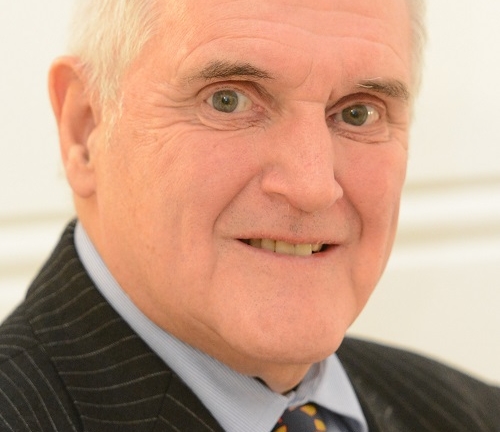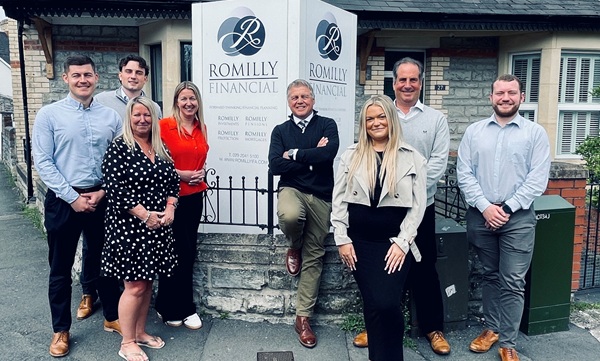
In this week's column, Professor Stuart Cole CBE explores the financial
challenges facing bus companies in Wales.
Over the last three years three major bus and coach companies have ceased to operate and the pattern extends into many small companies.
Wales’ two municipally owned bus companies – Cardiff and Newport – have faced financial challenges – Others have small margins under 10%.
For some, losses extend over a long period and eventually their cash reserves are insufficient to allow payments within the time required by creditors. Banks having provided an overdraft, or HMRC desiring to collect tax, eventually see no future in the business, and withdraw their financial support.
A takeover may be the answer but these are often complex and resources may not last long enough.
For many companies, selling land / buildings can create the cash flow but may require the company to lease land elsewhere with possible out of service mileage. However due diligence has sometimes shown these assets to be in the name of another company or the family and so not available for generating cash. Many companies expand before management / financial systems match their new size. Those who achieve the match do well. Companies may also try to stall payment to their suppliers e.g. of fuel, parts and tyres often resulting in withdrawal of supplies putting buses off the road and cutting operations including contracts.
Local authority bus subsidy has reduced and school bus contracts (major business for local bus companies) have been cut back. This tighter competition tempts companies to under-price their bids to obtain the contracts; however while cash inflow continues the profit margin still has to be positive.
Many long established local bus companies are reluctant to abandon once profitable operating areas and routes but have no option to set up elsewhere. Some of the bigger companies (Arriva, Stagecoach, First) have withdrawn from such areas though in their place local companies (Cwm Taf Coaches, Pembrokeshire; Phil Anslow Coaches, Monmouthshire) have successfully stepped in.
Family firms feel a loyalty to and reluctance to remove, long serving staff thus not reducing the biggest cost element (60%) in bus operations which continue to rise each year. This often meant the financial crisis was not realised or acted upon sufficiently early.
To improve its image and hoping to attract more customers a company might lease or invest in high quality, but expensive vehicles. However competition in the market meant that income often did not match the repayment levels. A company which normally purchased a second hand coach costing £20,000 might now purchase a new vehicle at £250,000. But with reduced patronage or reduced government subsidies that investment could not be financially justified.
Several other factors – unreliability, bad time keeping (both possibly resulting from road congestion rather than poor management), convenience of the car – have contributed to reduced revenue.
Many bus operations have reversed the downward trend through several means:– frequent, reliable, punctual services; improved bus stop environments; clean buses, friendly staff and customer care; integrated tickets with other bus and rail services and clear service information.
These successful brands have grown passenger numbers and improved their financial performance – TrawsCymru (the Government’s national bus network), Arriva’s Saphire. Stagecoach Gold services and First Cymru Clipper have become high quality operations
Wales retains several medium sized successful companies independent of the large groups. They have controlled their cash flow and set up effective management systems (their key to success) and with fewer companies there is less competition.



More About Professor Stuart Cole CBE
Stuart is Emeritus Professor of Transport at the University of South Wales. Prior to that he was the first director of the Wales Transport Research Centre (2001) at the University of Glamorgan. Stuart was previously the first Director of Transport Research and Consultancy (TRaC) (1989 – 2001) at the University of North London (now London Metropolitan) which he joined in 1979.
Stuart is acknowledged by Parliament, the National Assembly and Government as one of Wales’ and UK’s leading experts in transport economics and policy.
Stuart has nearly 40 years of experience spanning local government, private sector and academic roles. He formerly worked for Cheshire County Council’s Transport Unit as Economic Advisor,
In his parliamentary work Stuart has regularly given oral evidence and produced reports for members. He has also given evidence to the House of Lords, House of Commons, the Richard Commission, Downing Street ‘Think-Tank’ etc on topics such as governance of transport in Wales and rail investment.
He also has a knowledge of transport planning in the EU member states through his transport work for the European Commission. He brings a working knowledge of both private and public sector transport operators / bodies in Wales, UK, Europe and North America. He therefore understands their sometimes differing credentials.








